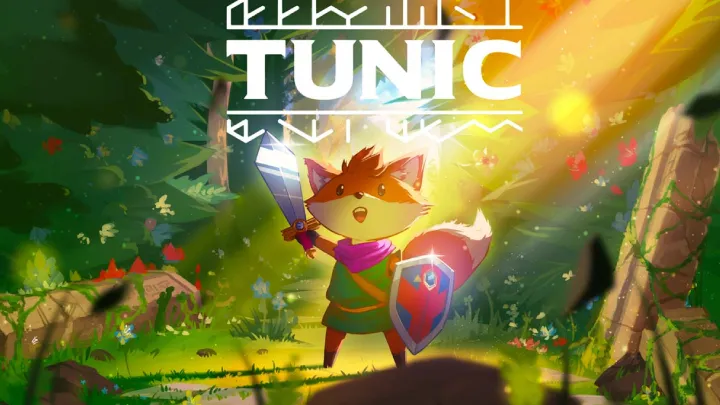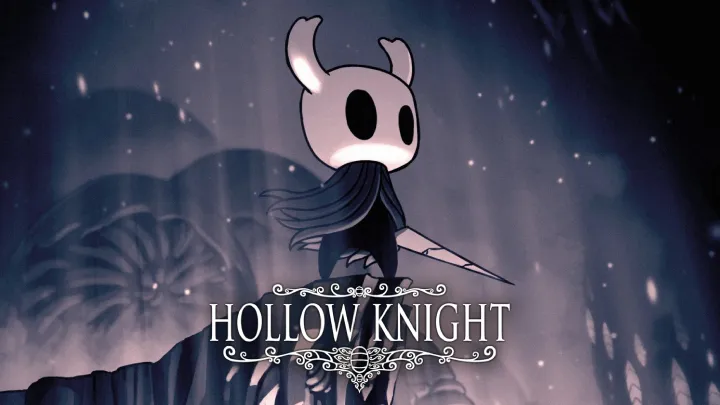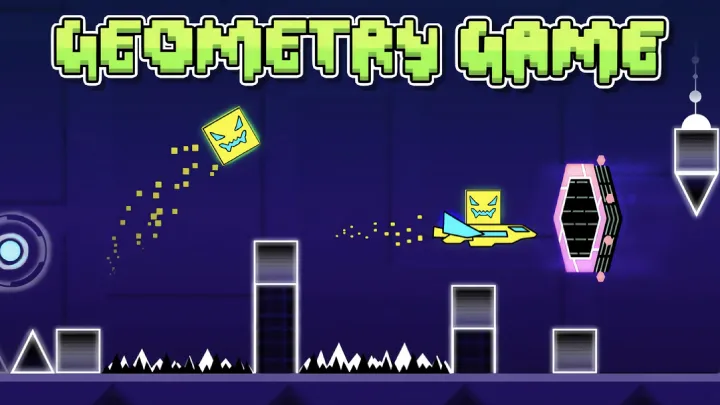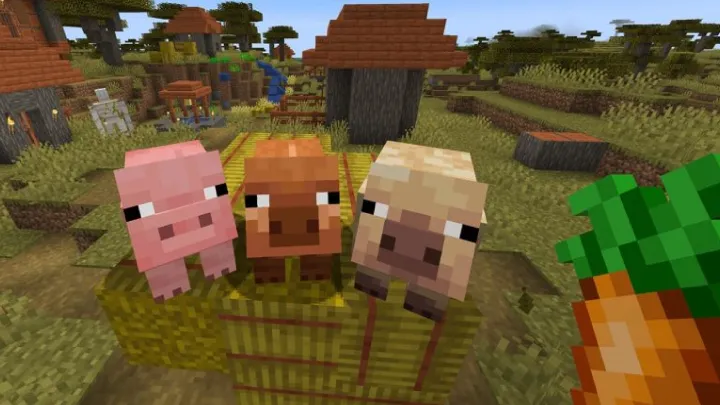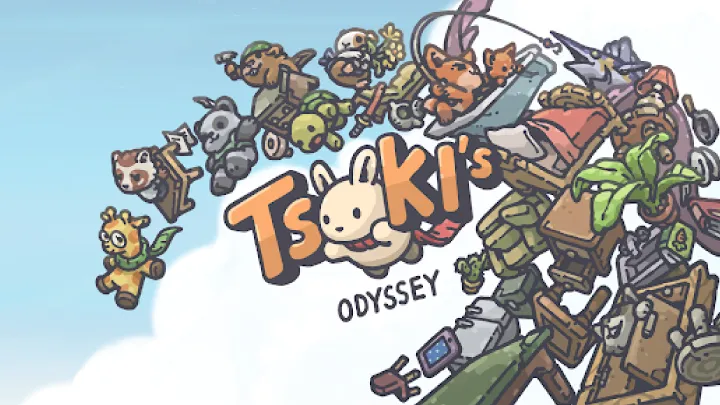Sleep has always been one of the greatest mysteries of human life. While science has uncovered much about its stages and importance, dreaming—especially lucid dreaming—continues to fascinate people worldwide. The ability to control and shape dreams is a skill many seek, and today, apps make it easier than ever.
In 2025, technology has turned smartphones into powerful tools that not only monitor sleep cycles but also help guide users into lucid dreams. Combined with detailed sleep tracking, these apps provide insights into rest quality while unlocking the possibility of conscious dreaming. Whether you’re chasing relaxation, productivity, or creative exploration, these apps can transform the way you sleep and dream.
This article explores the top 5 apps for lucid dreaming and sleep tracking, breaking down their features, benefits, and how they can help you master the art of sleep.
Why Lucid Dreaming Matters
Lucid dreaming is when you realize you are dreaming while still asleep. This awareness allows you to explore and sometimes control the dream world. For some, it’s a path to creativity and problem-solving. For others, it helps with overcoming fears or simply having fun.
Key benefits of lucid dreaming include:
- Overcoming nightmares by taking control of dream scenarios.
- Boosting creativity by practicing skills or visualizing new ideas in a dream environment.
- Improving problem-solving through symbolic dream exploration.
- Personal growth by exploring subconscious thoughts.
With the right tools, lucid dreaming is no longer a rare experience—it becomes something you can actively practice.
The Importance of Sleep Tracking
While lucid dreaming captures the imagination, sleep tracking provides the foundation for better rest. Sleep apps today monitor cycles, detect disturbances, and suggest ways to improve overall sleep health. By combining lucid dreaming techniques with sleep data, users get the best of both worlds: restful nights and memorable dream journeys.
Benefits of sleep tracking include:
- Identifying sleep patterns and cycles.
- Detecting snoring, restlessness, or sleep apnea symptoms.
- Offering personalized tips for better rest.
- Helping maintain consistent sleep hygiene.
1. Awoken
Why Awoken is a Favorite for Lucid Dreamers
Awoken is one of the most well-known apps designed specifically for lucid dream training. It focuses on building awareness and dream recall, two essential skills for entering lucid states.
Key Features
- Dream journal integration for recording dreams as soon as you wake up.
- Reality check reminders to train your brain to question whether you’re awake or dreaming.
- Lucid dreaming techniques like dream cues and sound prompts.
- Sync with Google Drive for cloud backups of your dream logs.
Why It Stands Out
Awoken makes lucid dreaming accessible for beginners. By combining journaling with awareness reminders, it gently trains users to recognize dream signs. It’s one of the few apps designed almost entirely around lucid dream practice rather than just sleep monitoring.
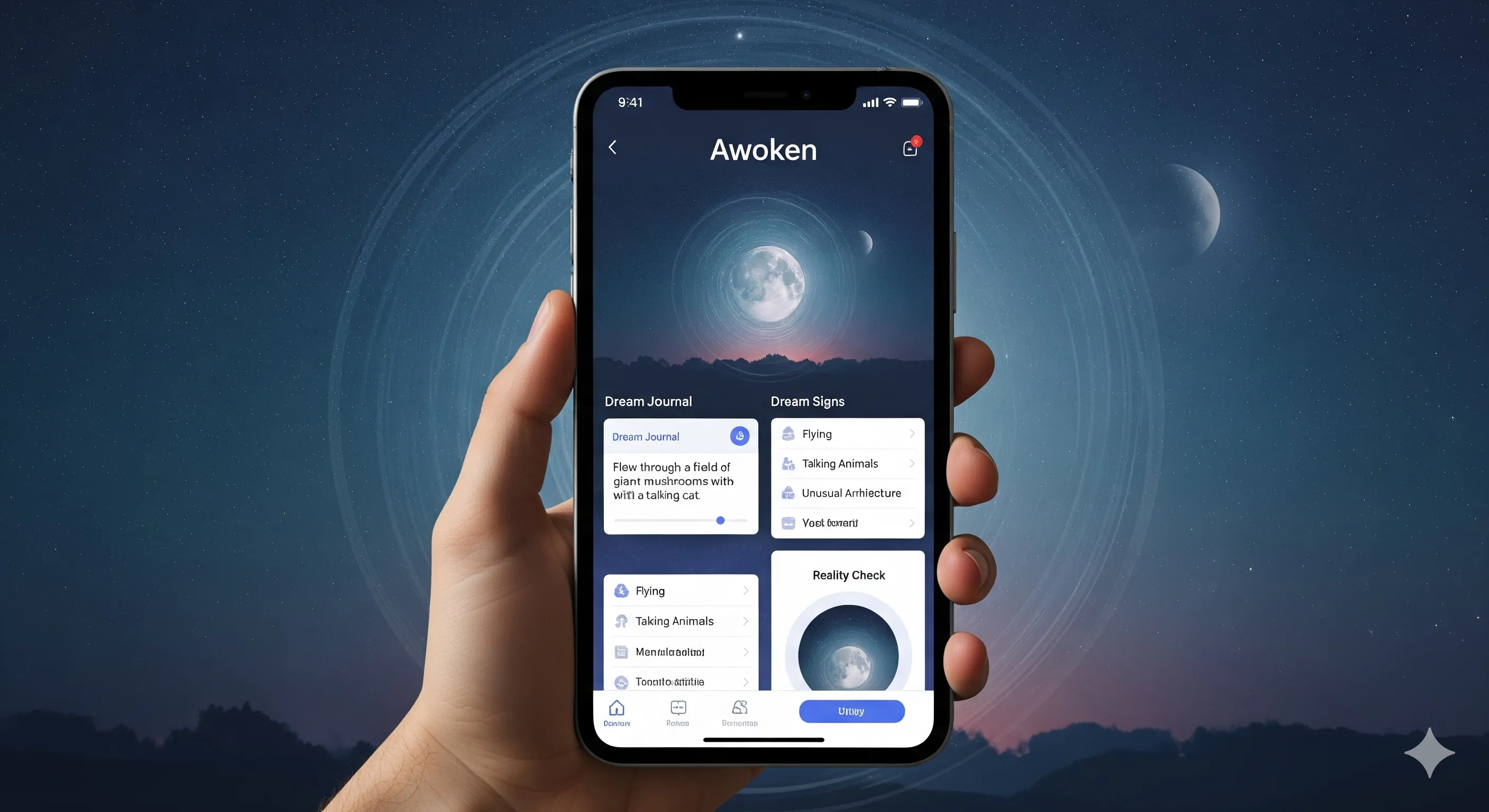
2. Sleep Cycle
Why Sleep Cycle is a Top Sleep Tracker
Sleep Cycle is widely regarded as one of the best sleep tracking apps available. It uses advanced algorithms and sound analysis to monitor your sleep stages without requiring any wearables.
Key Features
- Smart alarm clock that wakes you during light sleep phases for a refreshing start.
- Sleep graphs that track duration, quality, and patterns over time.
- Snore detection and recording.
- Integration with Apple Health and Google Fit.
Why It Stands Out
For those who want to balance lucid dreaming with healthy rest, Sleep Cycle provides a clear picture of how well you’re actually sleeping. Its smart alarms also help increase dream recall by waking you gently at the right time.
3. Dream Journal Ultimate
Why Dream Journaling Matters
Keeping a dream journal is one of the oldest and most effective ways to enhance dream recall and trigger lucid dreams. Dream Journal Ultimate brings this practice into the digital age.
Key Features
- Password-protected dream diary for privacy.
- Keyword tagging system to identify recurring dream themes.
- Cloud syncing for secure backups.
- Dream community features for sharing experiences.
Why It Stands Out
By cataloging dreams consistently, users notice patterns and dream signs that often become triggers for lucidity. The app also connects dreamers with a community, making it easier to share insights and techniques.
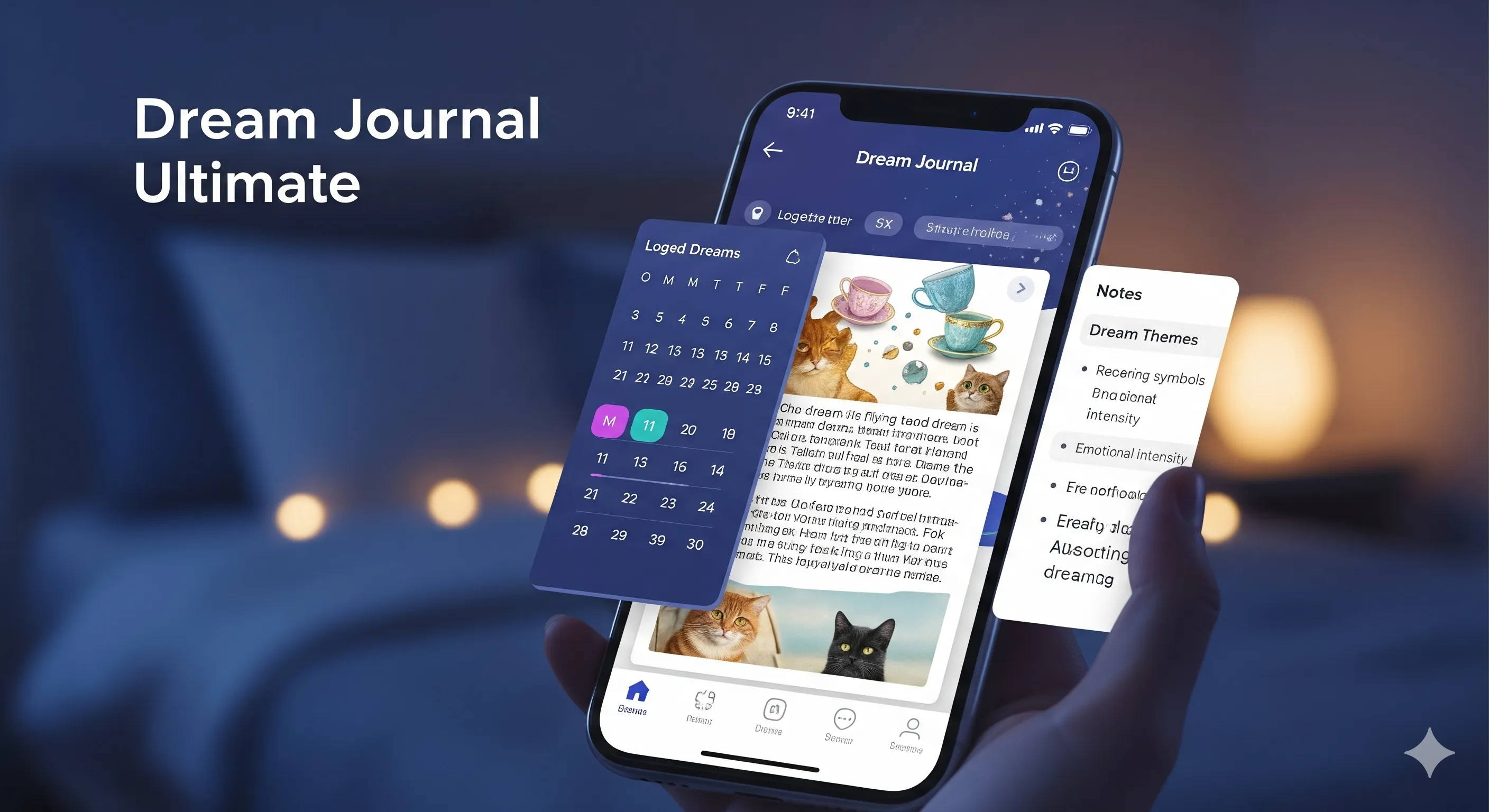
4. Lucidity
Why Lucidity Helps Beginners
Lucidity is a training-focused app that blends sleep tracking with lucid dreaming techniques. It helps users build routines and habits that increase their chances of lucid experiences.
Key Features
- Customizable reality check reminders.
- Guided lucid dreaming exercises.
- Sleep monitoring features.
- Audio cues to help trigger lucidity inside dreams.
Why It Stands Out
Lucidity offers a structured path for beginners, making it less overwhelming. By combining reality checks, cues, and habit-building tools, it helps users progress from basic dream recall to advanced lucid control.
5. BetterSleep (formerly Relax Melodies)
Why BetterSleep Enhances Dreaming
BetterSleep is not strictly a lucid dreaming app, but its sleep soundscapes and relaxation features make it a perfect companion. Many lucid dreamers rely on sound and meditation to ease into dream-friendly sleep states.
Key Features
- Customizable soundscapes with hundreds of relaxing sounds.
- Binaural beats and isochronic tones designed for lucid dreaming and relaxation.
- Sleep tracking and daily sleep goal features.
- Integration with smart home devices.
Why It Stands Out
BetterSleep helps prepare the perfect mental state for dreaming. Its binaural beats are particularly useful for Wake-Induced Lucid Dreaming (WILD) techniques, where audio plays a role in entering dreams consciously.
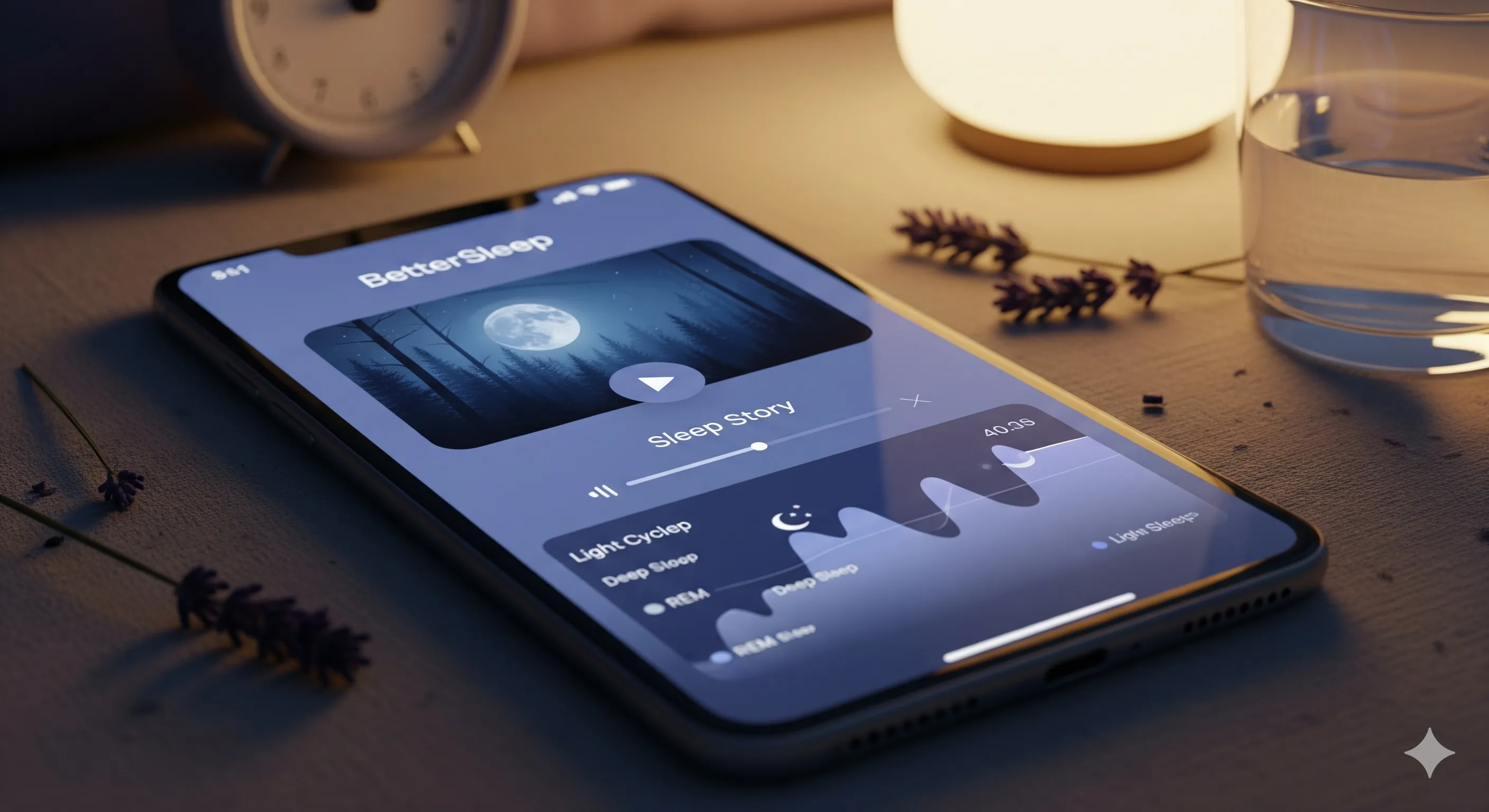
Tips for Enhancing Lucid Dreaming with Apps
Apps can be powerful tools, but your habits matter too. Here are practical tips for getting the most out of them:
- Use reality check reminders throughout the day to build awareness.
- Write in your dream journal daily—even small fragments matter.
- Experiment with sound cues like binaural beats to deepen dream states.
- Maintain a consistent sleep schedule for better dream recall.
- Stay patient—lucid dreaming is a skill that improves with practice.
The Science Behind Lucid Dreaming Apps
Lucid dreaming apps use a mix of psychological conditioning and technology. Reality check reminders train the brain, while sound cues attempt to integrate into the dream state. Sleep trackers add a scientific layer by showing how rest quality aligns with dream recall.
Modern research suggests that combining journaling, cues, and sleep awareness increases the odds of lucid dreams significantly. While apps can’t guarantee results, they create the perfect conditions for practice.
Who Should Use These Apps?
- Beginners who want step-by-step guidance into lucid dreaming.
- Students and creatives looking to use dreams for problem-solving.
- People with nightmares seeking control over their dreams.
- Sleep enthusiasts who want to better understand their sleep cycles.
The Future of Lucid Dreaming & Sleep Tech
As artificial intelligence and wearable technology advance, we can expect even more personalized sleep tools. Imagine apps that adjust sound cues based on brainwave activity or wearables that stimulate lucidity through gentle vibrations. Augmented reality and AI-guided dream visualization may also play a role.
The future points to a time when lucid dreaming will be as common as meditation, with apps serving as everyday dream coaches.
Conclusion
Lucid dreaming and sleep tracking are no longer just topics for scientists and dream enthusiasts—they’re now accessible to everyone through apps.
- Awoken trains dream awareness.
- Sleep Cycle ensures healthy rest.
- Dream Journal Ultimate enhances recall.
- Lucidity guides beginners.
- BetterSleep prepares the mind for dream exploration.
Together, these apps offer a complete toolkit for mastering both sleep and dreams. In 2025, the path to self-discovery, creativity, and better health might just begin when you close your eyes.






